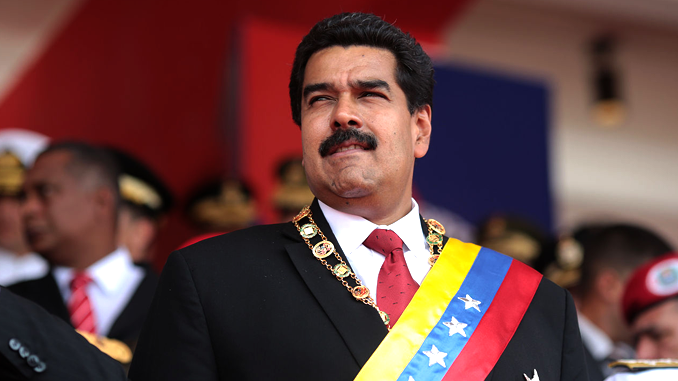
Even as Russia sends troops to aid Nicolas Maduro’s bid to retain control of Venezuela, the country’s problems seem to be worsening.
After facing an extended power blackout earlier this month, a second wave of shortages has struck the country. Many parts of the nation are now facing their third day without electricity. There is no provided ETR, or estimated time of recovery; ETRs are typically provided in cases of utility loss.
As happened in early March, residents are having difficulty finding food and drinkable water. Businesses and schools are closed.
Both Maduro and opposition leader Guaido are attempting to rally their supporters on the heels of the national emergency.
“The time has come to agitate in every state, in every community, to get water back, get electricity back, get gas back,” said Guaido, the leader of the opposition-controlled National Assembly.
Reuters
Telesur, the official Venezuelan news agency which is controlled by the government, provided the explanation for Maduro’s tweet:
The recent attack on Venezuela’s Simon BolIvar Hydroelectric Plant was likely triggered by a sniper rifle, said Bolivarian President Nicolas Maduro during a televised notice on Wednesday.
“They shot [at the electrical system] with a long distance rifle, whoever ordered the attack knew what they were doing. This is a total war,” he said, noting that shot sparked a fire which burned down a section of the electric system.
Despite Maduro’s phraseology of “a total war” and the presence of Russian troops, there is no large-scale fighting in the streets of Venezuela.
The pressure is growing, though. The earlier six-day blackout and the current three-day event have had a human toll, both in general desperation and specific instances.
Junior Veliz, an unemployed man standing outside a Caracas hospital, told AFP that his newborn daughter “died because (the hospital) didn’t have heating at the time the power went out – she died of respiratory arrest when the power went out”.
News24
Nearby, a patient with renal failure, Beatriz Reyes, said “we’re waiting for the electricity to come back so they can give us dialysis”.
The power blackouts, combined with the lack of food and medical supplies that has been the source of aid conflicts, are causing a deepening humanitarian crisis in the country.
